#EcoWarriorChallenge - DAY 2 - Bags

Welcome back to the #EcoWarriorChallenge - World Oceans Day Edition, day two!
It’s officially World Oceans Day! Today is a day to share our message of keeping our oceans blue and beautiful. How are you celebrating?
Subscribe to my newsletter to receive an invitation to a super secret, super awesome Facebook group full of other #EcoWarriors like yourself.
I know this post is a few days late. If you follow me on Instagram or Facebook, you saw my post on Tuesday about my unexpected visit to the ER setting this project back a few days. But don’t worry - I’m back, and you will get your full seven-day challenge, although a few days later than anticipated. So let’s jump in, shall we?
On Monday we discussed how we can protect sea turtles by refusing single-use plastic straws. Sea turtles are the model species for ocean plastic pollution. However, they are not the only species affected. While coral reefs are not often discussed in the context of ocean pollution, they are some of the most critical species that inhabit our planet. Coral reefs are not only home to about a quarter of our planet’s fish species, but they also provide immense advantages to human beings.
By providing a home for all of these fish, coral reefs support the fishing industry, upon which an estimated one billion people depend. They also protect our coastlines from erosion and flooding, and just in the United States tourism in the Florida Keys is estimated to generate $3 billion annually (source).
Guys, we kinda need these reefs.

Unfortunately, coral reefs are some of the most environmentally sensitive species on the planet. Coral reefs are experiencing unprecedented die-offs. While climate change is cited as the prominent cause of death, recent research has brought to light that plastics are also causing immense disease in coral reefs. When in contact with plastics, the coral’s likelihood of disease increases from 4% to 89% (source). What?! Yes, you read that right. Coral reefs are 22 times more likely to contract disease when they are in contact with plastics.
Is our plastic really worth one billion people losing their source of income or food?
Plastic bags, like all single-use plastics, are designed to be used once and thrown away. The problem is that plastic was literally designed to last forever. We have created these products, used on average for 12 minutes, out of a material designed to last forever. Worldwide, each minute, an average of one million of these bags are used. Something has to change.
The good news is, there are cities, states, and countries all over the world that have decided the answer to the above question is no. Plastic Bag bans and taxes are popping up all over the place. These efforts show us that our voices matter. Action and legislation such as this does not often occur from the top-down. It’s our individual and collective voices speaking up that are influencing these decisions.
Today, in honor of World Oceans Day, be an #EcoWarrior by protecting coral reefs from disease by refusing plastic bags.
Plastic bags are everywhere - arm yourself with these helpful tidbits:
- Keep a compact bag in your purse or backpack. You’ll always be prepared for last-minute shopping trips. Check out the adorable bag I always have with me in my What’s in my zero waste bag? video.
- Store your reusable shopping bags in your car. How many times have we all gotten to the grocery store before we realized we forgot our shopping bags at home? By keeping the bags in our car we’ll always have them with us when we need them. I keep mine in a basket in my trunk so they’re always in one spot.
- If you do forget your bags at home, opt for no bags anyway! The act of loading up your cart item-by-item, unloading them into your car, and then transporting them into your home will stick with you and I guarantee that after once or twice of doing this you’ll never forget your bags again.
- Don’t forget about produce bags, too! Most bag bans and taxes don’t include produce bags, so even if you live in one of these areas, choose to refuse these bags as well. If your produce has a hard outside (such as citrus, apples, potatoes, etc.), opt for no bag at all. You’re going to wash or peel these items anyway! If you’re buying something leafy, a cloth or mesh produce bag works very well. You can even make your own if you’re savvy with a sewing machine. I had some extra fabric sitting around and used this pattern to whip together six bags in about an hour. I even use these bags when buying coffee beans or items from the bulk bins. Super handy!
I’ll see you back here tomorrow for our next #EcoWarriorChallenge!
Share your plastic-bag-free moments with me over on Instagram with the hashtag #EcoWarriorChallenge!
Photo 1 | Yanguang Lan on Unsplash


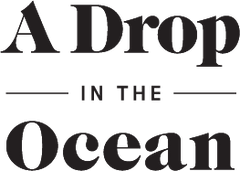


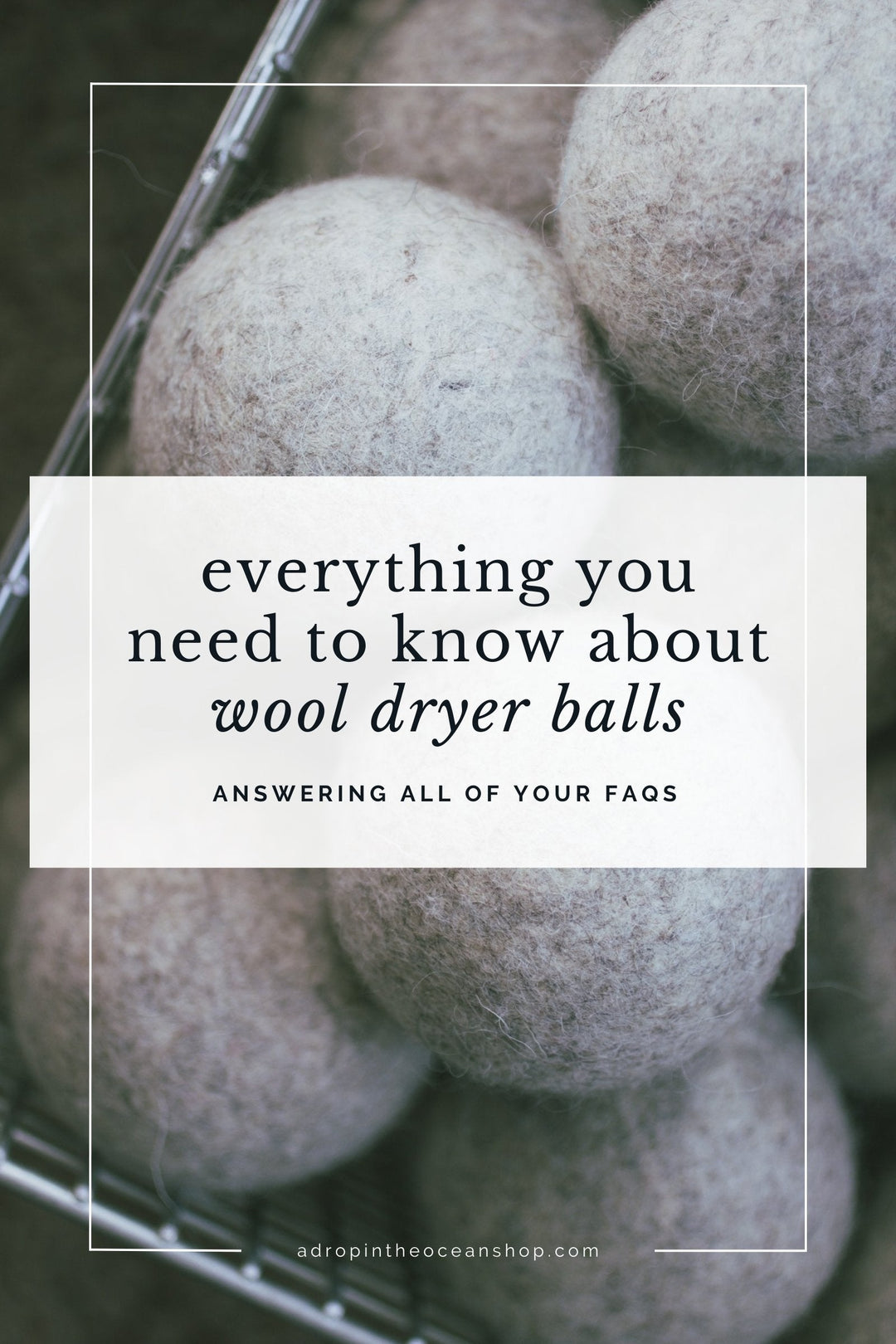
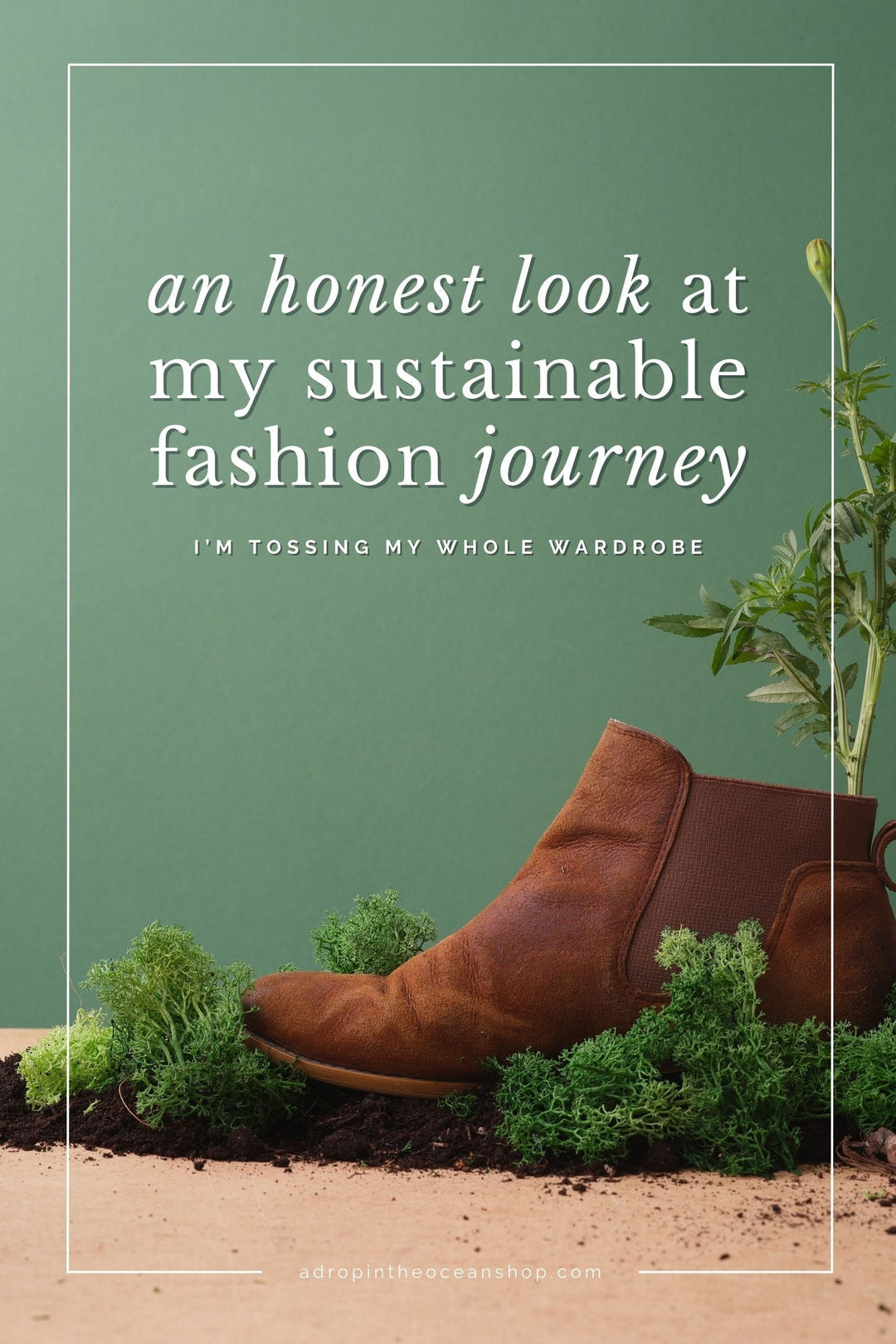
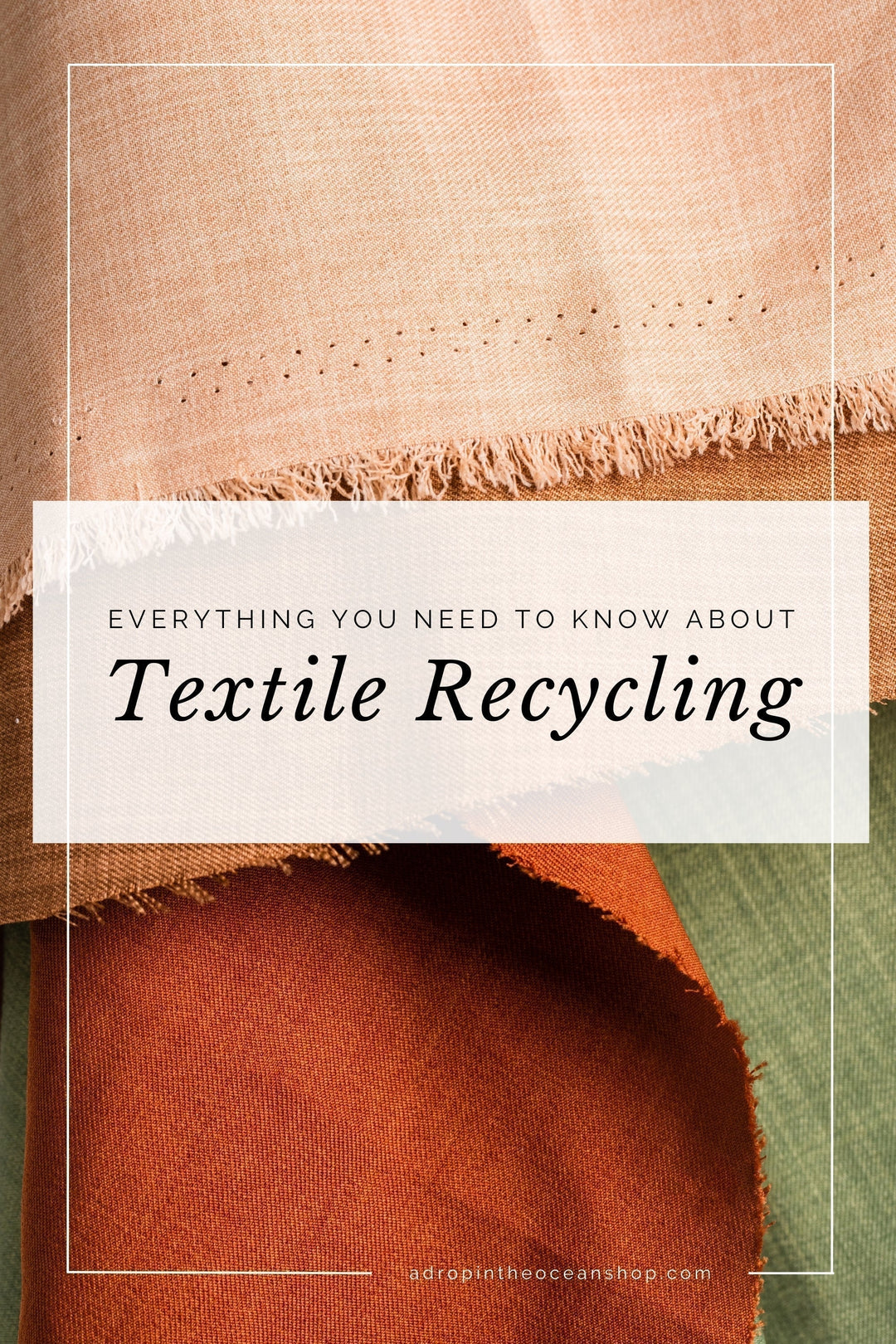
Leave a comment